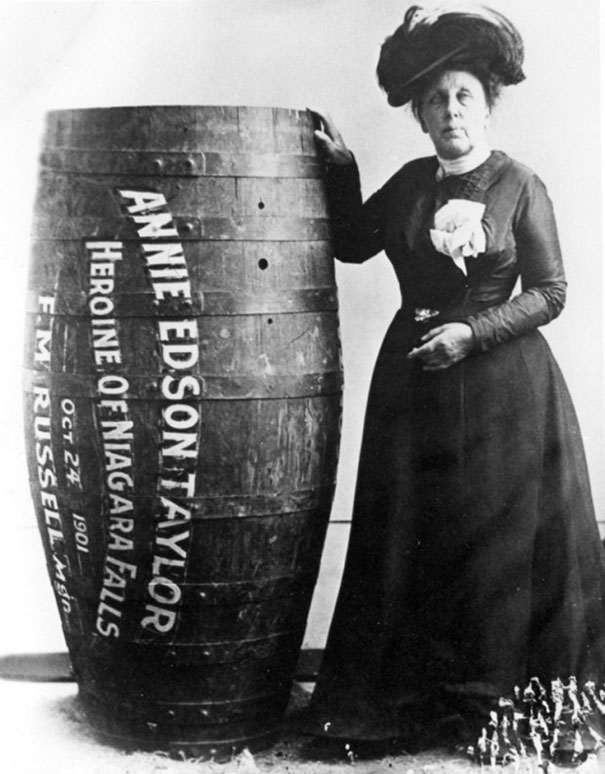Work on 30/30 poem books--Due Friday
Contests: Hollins, Bennington, Scholastic
What can we say about our childhood memories?
https://www.poets.org/poetsorg/teach-poem
or perhaps an abecedarian poem:
Abecedarian Requiring Further Examination of Anglikan Seraphym Subjugation of a Wild Indian Rezervation
Related Poem Content Details
Angels don’t come to the reservation.
Bats, maybe, or owls, boxy mottled things.
Coyotes, too. They all mean the same thing—
death. And death
eats angels, I guess, because I haven’t seen an angel
fly through this valley ever.
Gabriel? Never heard of him. Know a guy named Gabe though—
he came through here one powwow and stayed, typical
Indian. Sure he had wings,
jailbird that he was. He flies around in stolen cars. Wherever he stops,
kids grow like gourds from women’s bellies.
Like I said, no Indian I’ve ever heard of has ever been or seen an angel.
Maybe in a Christmas pageant or something—
Nazarene church holds one every December,
organized by Pastor John’s wife. It’s no wonder
Pastor John’s son is the angel—everyone knows angels are white.
Quit bothering with angels, I say. They’re no good for Indians.
Remember what happened last time
some white god came floating across the ocean?
Truth is, there may be angels, but if there are angels
up there, living on clouds or sitting on thrones across the sea wearing
velvet robes and golden rings, drinking whiskey from silver cups,
we’re better off if they stay rich and fat and ugly and
’xactly where they are—in their own distant heavens.
You better hope you never see angels on the rez. If you do, they’ll be marching you off to
Zion or Oklahoma, or some other hell they’ve mapped out for us.
Natalie Diaz, “Abecedarian Requiring Further Examination of Anglikan Seraphym Subjugation of a Wild Indian Rezervation” from When My Brother Was an Aztec. Copyright © 2012 by Natalie Diaz. Reprinted by permission of Copper Canyon Press.
My Brother At 3 AM
He sat cross-legged, weeping on the steps
when Mom unlocked and opened the front door.
O God, he said, O God.
He wants to kill me, Mom.
When Mom unlocked and opened the front door
at 3 a.m., she was in her nightgown, Dad was asleep.
He wants to kill me, he told her,
looking over his shoulder.
3 a.m. and in her nightgown, Dad asleep,
What’s going on? she asked, Who wants to kill you?
He looked over his shoulder.
The devil does. Look at him, over there.
She asked, What are you on? Who wants to kill you?
The sky wasn’t black or blue but the green of a dying night.
The devil, look at him, over there.
He pointed to the corner house.
The sky wasn’t black or blue but the dying green of night.
Stars had closed their eyes or sheathed their knives.
My brother pointed to the corner house.
His lips flickered with sores.
Stars had closed their eyes or sheathed their knives.
O God, I can see the tail, he said, O God, look.
Mom winced at the sores on his lips.
It’s sticking out from behind the house.
O God, see the tail, he said, Look at the goddamned tail.
He sat cross-legged, weeping on the front steps.
Mom finally saw it, a hellish vision, my brother.
O God, O God, she said.
